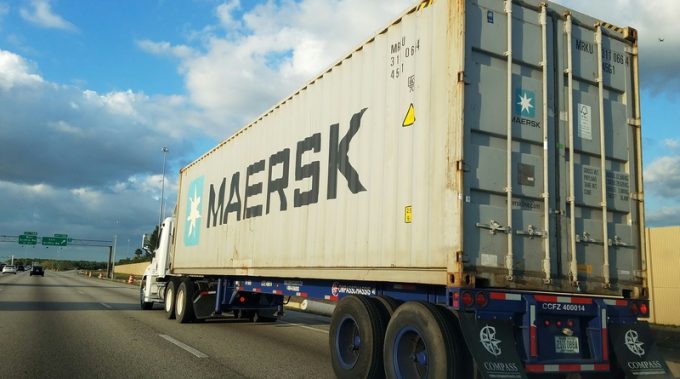Maersk joins peers with emergency surcharges on Pakistan cargo
Maersk has joined its peers in implementing ’emergency operational surcharges’ on cargo in and out ...

From Quartz comes this fascinating account of Barbara Pratt, the American scientist widely credited as the brains behind Maersk’s reefer technology. Long before the days of remote container management, Ms Pratt, housed in a converted container, travelled the world on the company’s vessels analysing what ...

Comment on this article